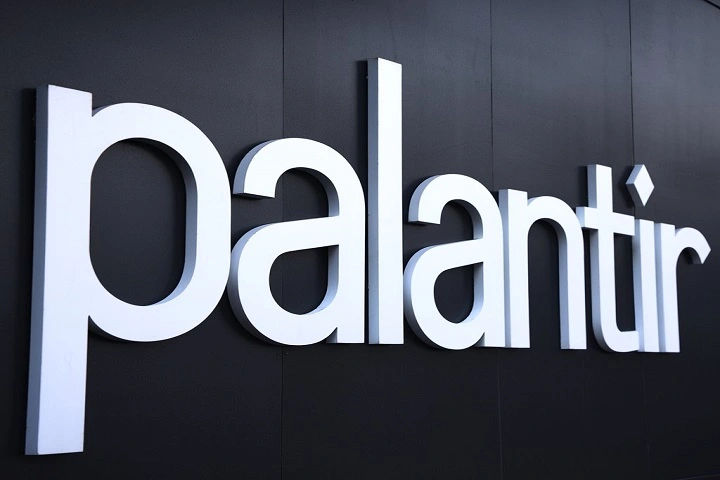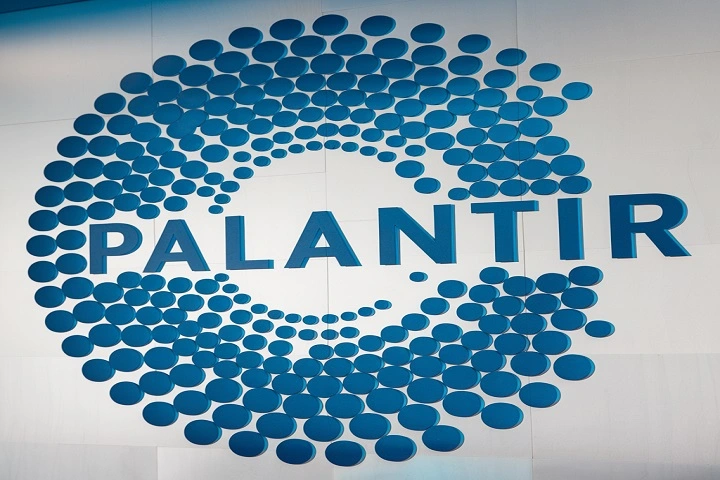Background on the Companies
Palantir now is a leading data analytics company based in Denver, Colorado known largely for its work with government agencies including the CIA and DHS.
Founded in 2003, Palantir developed big data and artificial intelligence platforms to help organizations integrate, analyze and take action on dispersed data sources. While government contracts fueled early growth, Palantir has increasingly expanded into commercial sectors in recent years.
Faraday Future is an electric vehicle startup based in Los Angeles that first emerged in 2014 with plans to disrupt the automotive industry.
The company aimed to launch a line of luxury EVs along with an innovative “skateboard” platform to power flexible auto designs. However, Faraday Future struggled with various financial and production issues and ultimately filed for bankruptcy in 2020 as funding dried up. Earlier in 2022, the company emerged from bankruptcy under new leadership focused on bringing its first vehicle, the FF 91, to market.
According to a recent filing with the U.S. Securities and Exchange Commission, Palantir now owns an 8.7% stake in the struggling electric vehicle startup Faraday Future.
The Strategic Rationale
Palantir’s data analytics capabilities align well with Farday Future’s plans and technology focus. As a leader in integrating and analyzing dispersed data sources, Palantir believes electric vehicles and autonomous systems will be key transformative technologies of the future.
Faraday Future’s emphasis on luxury EVs and its flexible “skateboard” platform are directly in line with Palantir’s vision for a sustainable future powered by disruptive products.
Palantir’s major investment helps de-risk Faraday Future as the startup emerges from bankruptcy and works to launch its first vehicle. The data analytics firm sees long-term potential in the EV maker’s technology and business model.
Their proprietary big data platforms could also help accelerate Farday Future’s research and development processes. Access to Palantir’s resources and expertise demonstrates strong confidence in Faraday Future’s ability to achieve its ambitious goals.
Opportunities for Partnership
There are numerous opportunities for strategic partnerships between these two companies. Palantir’s advanced analytics could enhance Farday Future’s operations in areas like supply chain optimization, predictive maintenance of manufacturing equipment, and AI-powered customization of vehicles based on customer data.
By applying its expertise in data integration and mining, Palantir may help Farday Future more efficiently scale production and delivery. Usage data from EVs on the road could provide insights to constantly improve the driving and rider experience through over-the-air updates.
Longer-term, the companies could collaborate on developing new data-driven products and mobility services. Leveraging their shared vision for autonomous transportation, Faraday Future and Palantir may create smart traffic management platforms using connected vehicle data.
New insurance products based on real-time driver behavior analytics are another potential avenue. Success in these joint efforts could cement both companies’ leadership roles in shaping the future of transportation.
Industry Impact and Outlook
If the strategic partnership fulfills its promise, Palantir and Farady Future are well-positioned to become major players in the transformation of mobility and transportation infrastructure. Their established strengths in areas like electric vehicles, autonomous driving, smart infrastructure, and use of powerful artificial intelligence could significantly impact how transportation systems operate.
A successful partnership may help accelerate the widespread adoption of electric vehicles. As more EVs equipped with advanced connectivity and analytics hit the roads, a new data-driven model for transportation emerges.
Over time, this evolution could enable much higher levels of autonomy and optimization across all mobility modes from self-driving vehicles to public transit. With governments and businesses increasingly investing in EVs and sustainable infrastructure, the upside is massive for industry leaders who help drive this transition.
While risks remain for any startup, Palantir’s strategic investment demonstrates confidence that Farady Future has the technology and vision to succeed.
If the companies can execute on their ambitious goals, transportation and mobility as a whole may undergo profound changes for the better through platforms leveraging automation, electrification, and integrated big data analytics. This partnership places both companies at the forefront of potentially revolutionizing how people and goods move throughout the world in the decades ahead.
FAQ
Q. When did Palantir first invest in Faraday Future?
A. In early 2022, through open market purchases.
Q. How much funding has Faraday Future raised to date?
A. Over $1 billion from private investors and Chinese backers.
Q. What is the status of Faraday Future’s production plant?
A. Construction progressing; aiming for trial production in 2023.
Conclusion
Palantir’s ownership stake in Faraday Future signifies recognition of massive long-term potential in companies pushing boundaries in electric vehicles, autonomy, and related disruptive technologies.
Both firms aim to transform their industries, and this strategic alignment of complementary capabilities creates opportunities that could accelerate progress.
As transportation faces growing demands for sustainability, connectivity, and optimization, data-driven innovation will play an increasingly important role.
Partnerships like this one signal the power of applied artificial intelligence, big data integration, and strategic foresight to positively impact society at large through innovative new platforms, services and infrastructure of the future.













